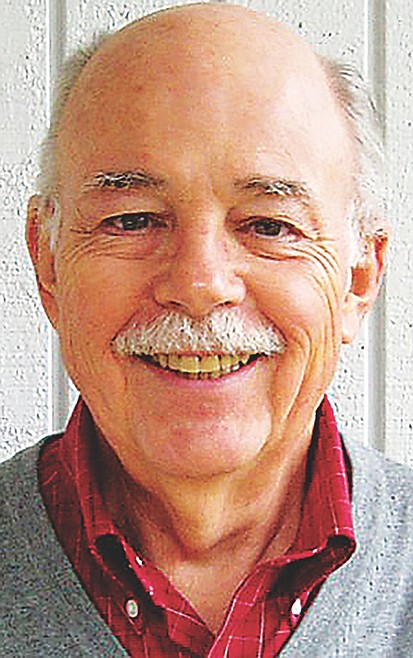Medicare enrollment can be tricky
Today’s column is a follow-up to last week’s reminder that the Geezer Forum will hold is annual Medicare enrollment session on Tuesday, Nov. 9.
The forum will be held at Columbia Bank’s Community Room, 2:30-4 p.m. I’ve often referred to “The Medicare Maze”. The traditional Medicare enrollment period, Oct. 15-Dec. 7, is definitely part of that maze.
Our speaker will be Noreen Brisson, volunteer services coordinator for SHIBA (Senior Health Insurance Benefits Advisors). Because of an insurance office policy about COVID, Noreen will join us via Zoom.
SHIBA is part of the Idaho Department of Insurance office. Every state has a similar agency to help older adults navigate the Medicare Maze. But SHIBA does not sell Medicare insurance! They respond to our questions and offer suggestions based on our expressed needs.
So Noreen will be our advisor in the best send of that word. She’ll give us basics to the enrollment process; and also make her office available to assist any individuals to find the best way to get appropriate Medicare coverage.
Here are some of those Medicare basics here that Noreen will share next Tuesday. A little redundancy of information is often helpful, especially when the topic can be somewhat overwhelming, like Medicare.
Here are the ABCD’s of Medicare:
Part A – This helps pay for a stay in the hospital and skilled nursing facilities, home health services, and hospice care – as long as certain conditions are met.
Part B – This helps pay for doctors’ services, both in and out of the hospital, and outpatient care such as lab work and screenings. Also covered are some medical equipment and supplies, such as wheelchairs and oxygen, if certain conditions are met, and most drugs or vaccines that are administered in a doctor’s office.
Part C – This provides an alternative way to receive Medicare services through private managed-care plans (HMOs and PPOs). These plans must cover all the same services as the traditional Medicare program (Parts A and B), but may charge lower copays. The plans may also offer Part D drug coverage and some extras, at their discretion, such as routine dental, vision and hearing care. Part D – This helps pay for prescription drugs that you use at home. You can get this coverage in one of two ways: by joining a private “stand-alone” Part D drug plan for an additional monthly premium (if you are enrolled in traditional Medicare), or by enrolling in a Medicare Advantage plan that includes Part D coverage in its benefits package.
My column’s word-limit prevents me from sharing further information on ABC and D, and there’s plenty to share. Noreen will go into more detail. Or if you can’t attend the forum next Tuesday, please contact a local insurance agent to get those details you seek.
Another related issue to knowing the basics is the concern so many adult children (and older adults) have about Medicare misinformation. If you’re at all like my wife and me, you’re worn out by all of the TV ads for Medicare that have intruded our living rooms since September. And many of those pre-enrollment period ads have been peddling misinformation about the benefits that Medicare plans (like Advantage or Supplement plans) will offer.
Noreen will address what to look out for when you see such ads. She will also have some Medicare cost figures to share that she wouldn’t have had if we had met on our original date of Oct. 12. Even if you’ve already chosen your plan for 2022, I hope you’ll join us on Nov. 9 and maybe learn something new!
Paul Graves, M.Div., is lead geezer-in-training of Elder Advocates, a consulting ministry on aging issues. Contact Paul at 208-610-4971 or elderadvocates@nctv.com.

